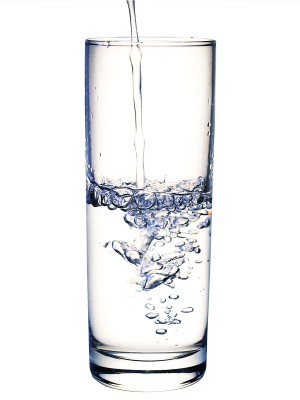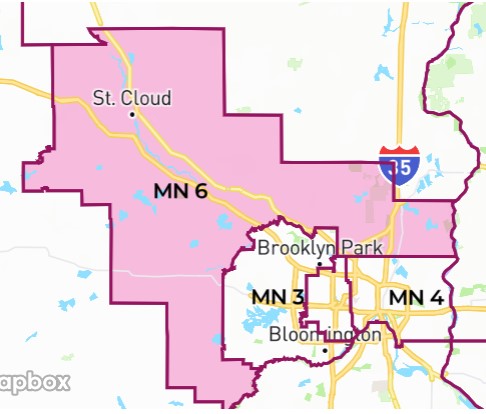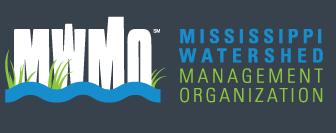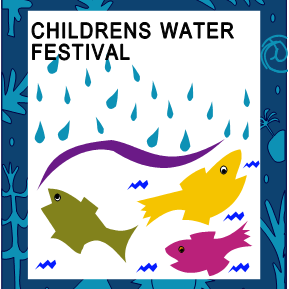With the Government Center remaining closed to the public beyond the first floor, the Anoka County Well Water Testing program will continue to operate on a limited basis. However, we will resume accepting samples for arsenic and manganese testing, in addition to the sanitary analysis (bacteria and nitrate). Please see below for full details.
Anoka County Environmental Services was hoping to offer a delayed Well Water Wise week in the summer of 2021, but this will not be feasible. An additional Thursday and Friday have been added to the drop-off schedule to provide an alternative for residents unable to come to the Government Center on a Monday or Tuesday.
Water samples for sanitary analysis (bacteria and nitrate), arsenic, and manganese will be accepted on the dates below with limited hours. Water samples for other analyses (lead, iron, etc.) will not be accepted at this time. An appointment and pre-payment over the phone will be required. Please continue reading for full details. The upcoming dates and times for water sample drop-off will be:
- Monday, June 28th, 1-4 pm
- Tuesday, June 29th, 9-11:30 am
- Thursday, July 22nd, 1-4 pm
- Friday, July 23rd, 9-11:30 am
- Monday, July 26th, 1-4 pm
- Tuesday, July 27th, 9-11:30 am
- Monday, August 30th, 1-4 pm
- Tuesday, August 31st, 9-11:30 am
The drop-off table will be located on the 1st floor of the Anoka County Government Center near the main door.
Below are the criteria for dropping off a sample:
- Test kits (sample collection bottle and blue (for sanitary analysis) or yellow (for arsenic or manganese) sampling sheet with collection instructions) must be obtained ahead of time. No kits will be available on the drop-off days. Test kit pick-up locations are listed below.
- A drop-off appointment must be made by calling ahead and paying in advance with a credit card over the phone. No cash or checks allowed, and no credit cards will be accepted the day of drop-off. Call (763) 324-4260 to make an appointment and pay.
- The blue or yellow sampling sheet must be completed ahead of time. No pens will be available to use at the drop-off table.
- Specific water-related questions can be directed ahead of time to Abby Shea at (763) 324-4207.
- Only samples for sanitary analysis (bacteria and nitrate), arsenic, and manganese will be accepted at this time. If other testing is desired, it can be performed at a later date or a private laboratory can be recommended.
- Samples for sanitary analysis (bacteria and nitrate) must be collected as close to the drop-off time as possible to avoid exceeding the holding time of the sample, which can result in inaccurate results.
- Social distancing guidelines must be respected, and rules of the drop-off area must be followed
Water test kits are currently available at the following locations:
- Andover City Hall *
- Blaine City Hall
- Blaine Public Works (1801 101st Ave NE, Blaine; (763) 785-6165 – please call ahead)
- Centerville City Hall
- Columbus City Hall
- East Bethel City Hall *
- Ham Lake City Hall
- Lino Lakes City Hall **
- Linwood Township Hall
- Nowthen City Hall
- Oak Grove City Hall *
- Ramsey City Hall **
- St. Francis City Hall
*Denotes location with arsenic test kits in addition to sanitary analysis test kits.
**Denotes location with manganese test kits in addition to sanitary analysis test kits.




 June 22nd, 2021
June 22nd, 2021  knowtheflow
knowtheflow 







